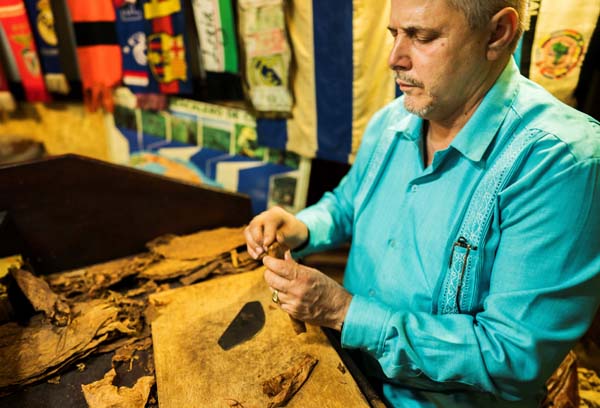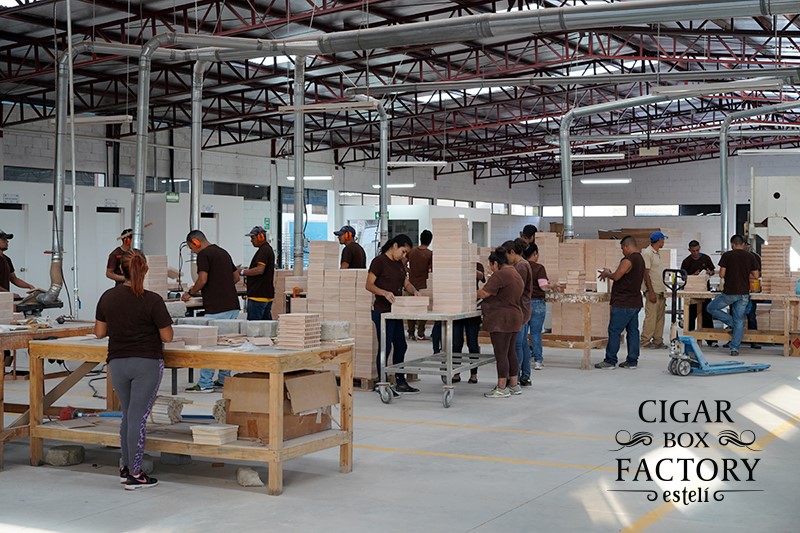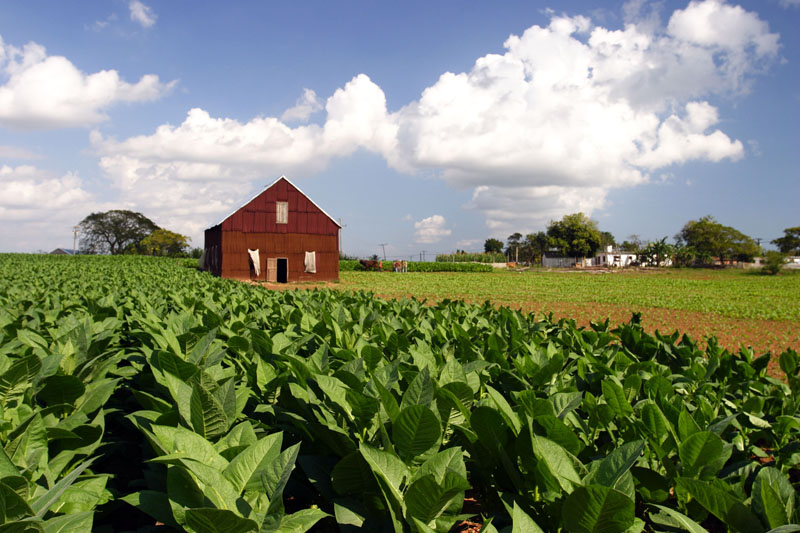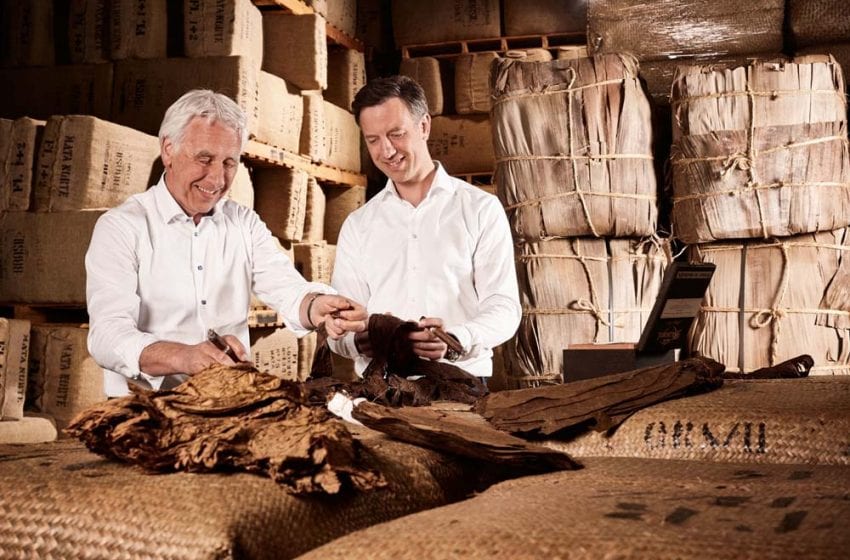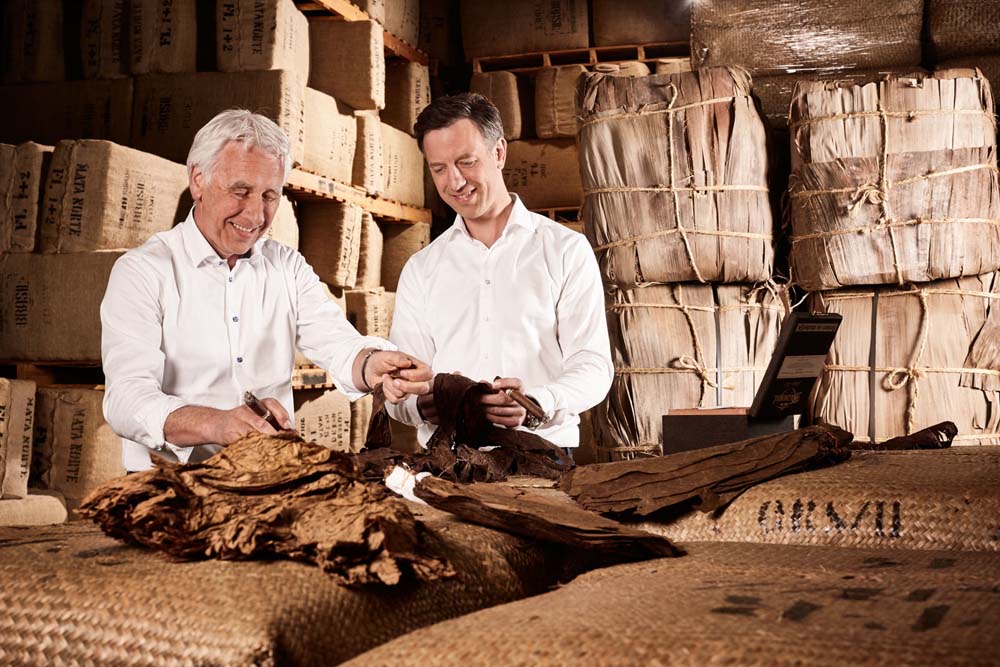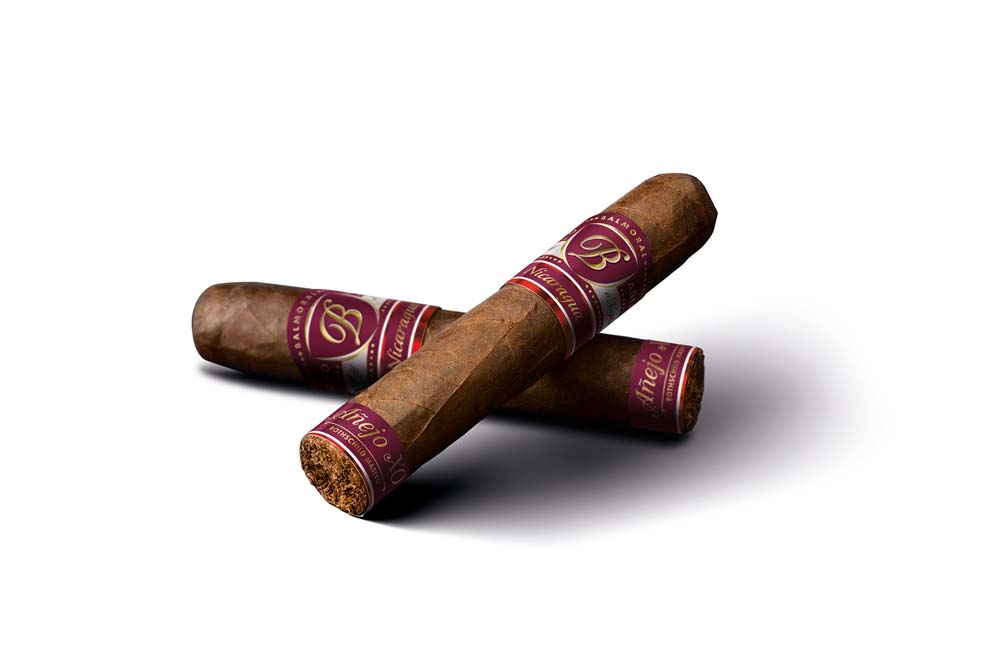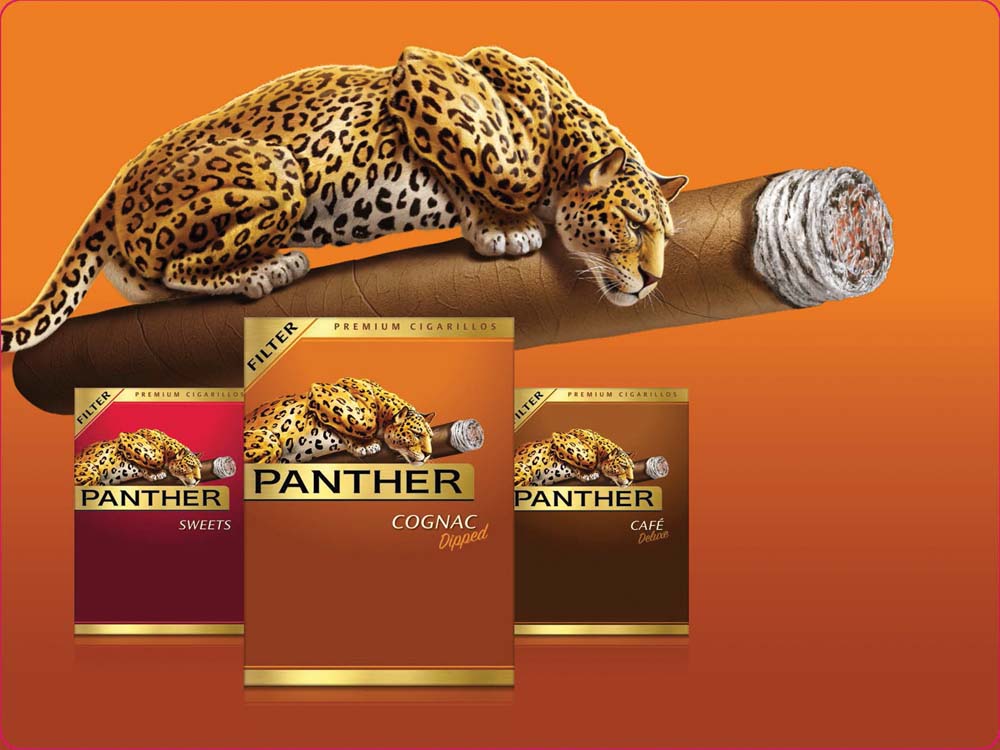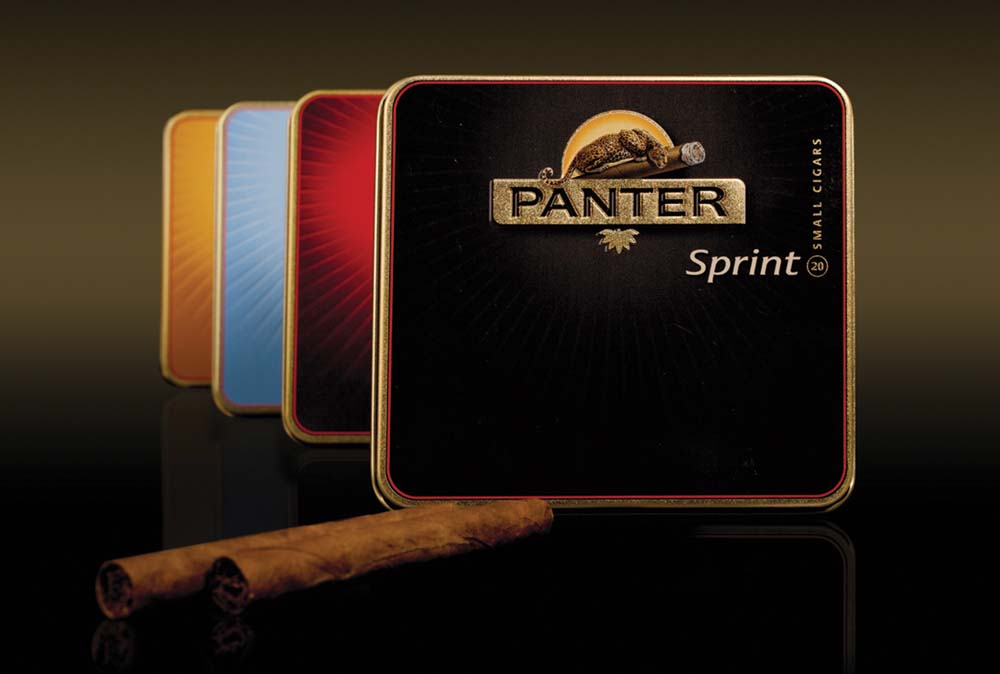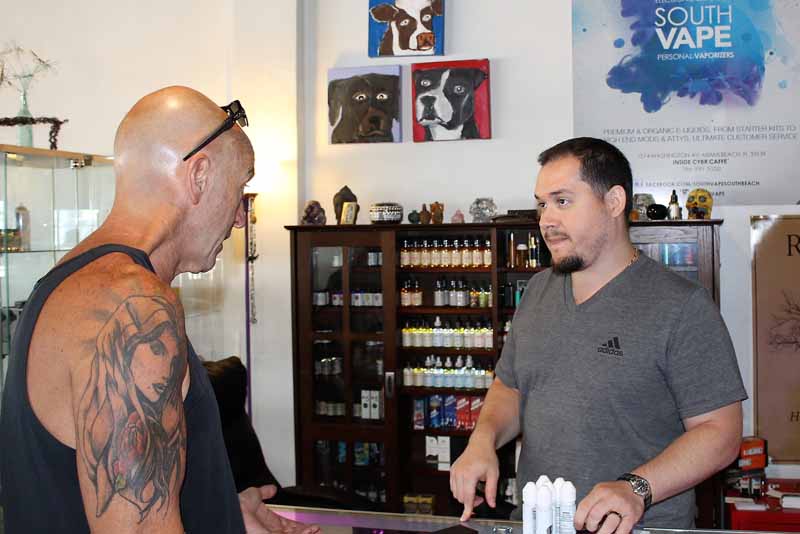US vape shops that modify a product so that it is deemed by the US Food and Drug Administration to be a ‘new tobacco product’ are required to comply with the agency’s premarket authorization requirements, according to a final FDA guidance.
In a note issued through its Center for Tobacco Products, the FDA said it had posted a notice in the Federal Register announcing the publication of the final guidance, Interpretation of and Compliance Policy for Certain Label Requirement; Applicability of Certain Federal Food, Drug, and Cosmetic Act Requirements to Vape Shops. This guidance was said to finalize the draft guidance of the same title, which was available for public comment on January 17, 2017.
‘Under section 903(a)(2)(C) of the Food, Drug, and Cosmetic Act [FD&C], a tobacco product in package form is misbranded if its label does not include an accurate statement of the percentage of tobacco used in the product that is foreign-grown and domestic-grown,’ the note said. ‘This guidance clarifies FDA’s interpretation of this as applying only to tobacco products that are made or derived from tobacco. Tobacco products (such as components, parts, and accessories) that are not made or derived from tobacco would not be required to bear the statement.
‘Additionally, at this time, FDA does not intend to enforce this requirement for certain products, including tobacco-derived liquid nicotine, e-liquid made or derived from tobacco, cigars, smokeless tobacco, and waterpipe tobacco. FDA is providing this compliance policy as the agency recognizes the current scientific and technical difficulties of quantifying the percentage of foreign and domestic tobacco used in these products.
‘The guidance also clarifies [that] vape shops that are tobacco product manufacturers are subject to the requirements in section 904(a) and (c) of the FD&C Act, including the requirements to provide ingredient listings, report harmful and potentially harmful constituents, and submit health documents. Those vape shops that modify a product so that it is a new tobacco product are required to comply with the premarket authorization requirements. Vape shops that are engaged in the manufacture, preparation, compounding, or processing of tobacco products are required to comply with the establishment registration and product listing requirements in section 905 of the FD&C Act.
‘The final guidance explains certain activities which modify a product, and which would subject the vape shop to the requirements of the Act that apply to manufacturers and includes a compliance policy for limited circumstances for which FDA does not intend to enforce these requirements…’

